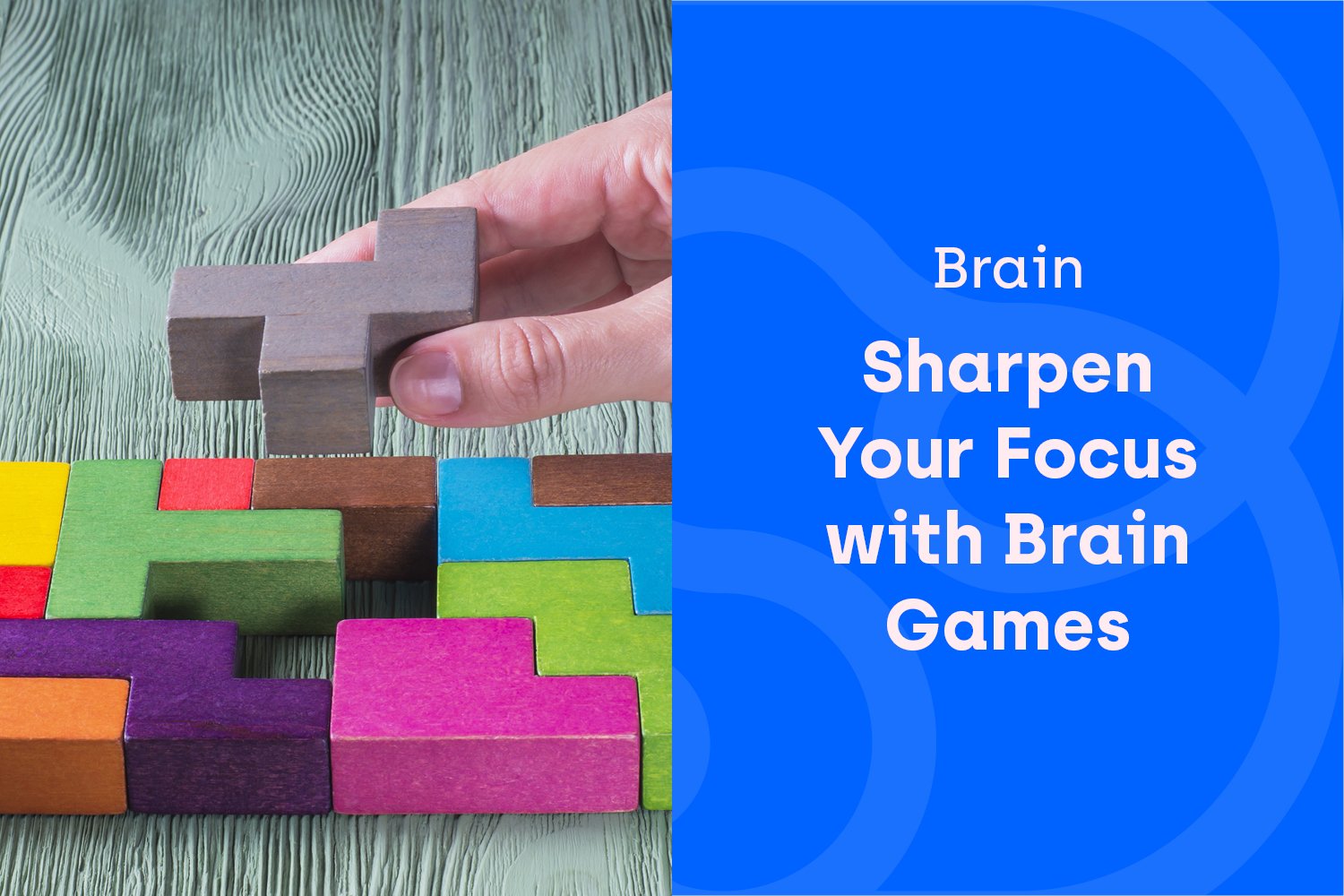
Mental health is just as important as physical health, yet it’s often overlooked in everyday routines.
Engaging in activities that challenge your thinking can help support attention, memory, and general mental alertness.
When you complete puzzles or play strategy-based games, different parts of the brain become engaged.
This stimulation can encourage new neural connections, a process known as neuroplasticity.
While brain games are not a treatment for health conditions, they can be a useful part of supporting mental activity.
Adding a short brain-based activity at the beginning of the day can help you focus.
Taking a few minutes during a break or while commuting may also offer a helpful reset.
Some people find puzzles calming before bed, especially if they involve low-stress thinking like crosswords or matching games.
There’s no single best way to support your cognitive activity, but small, regular habits can make a difference.
You might enjoy reading for a few minutes each day or learning something new, like a language or a musical skill.
Staying socially active, through conversation or shared hobbies, can also help keep the brain engaged.
Sleep also plays a vital role in supporting memory and concentration. Getting enough rest helps the brain process and store new information.
Choose games or activities you find engaging rather than forcing yourself into tasks that feel like a chore.
Doing a word puzzle with a friend or family member can also turn it into a shared experience.
Keeping a record of your progress may add a sense of motivation and consistency.
Activities like puzzles and brain games offer a simple way to include focused thinking in your routine.
They won’t provide quick fixes, but when combined with rest, social connection, and learning, they can support your cognitive wellbeing over time.
Branding & website design by theshapingbay.com